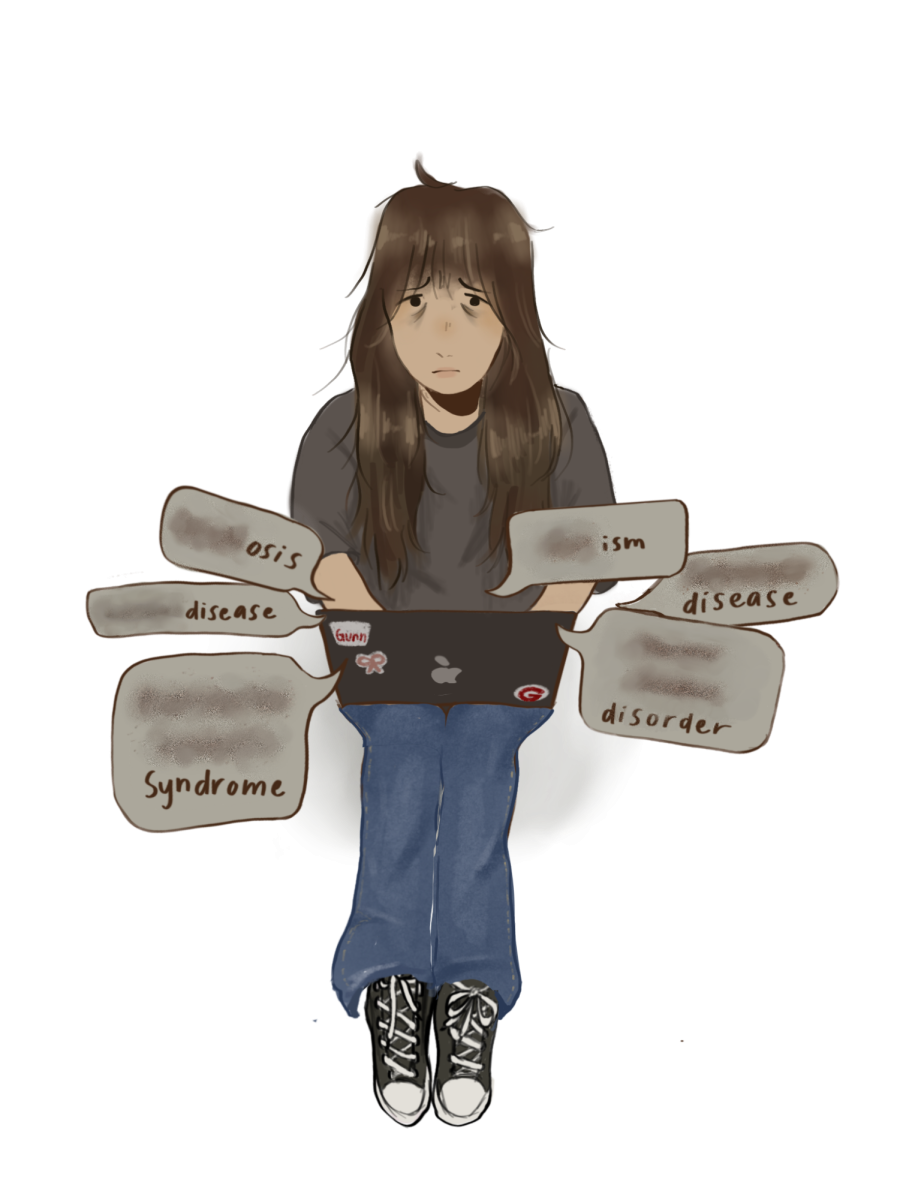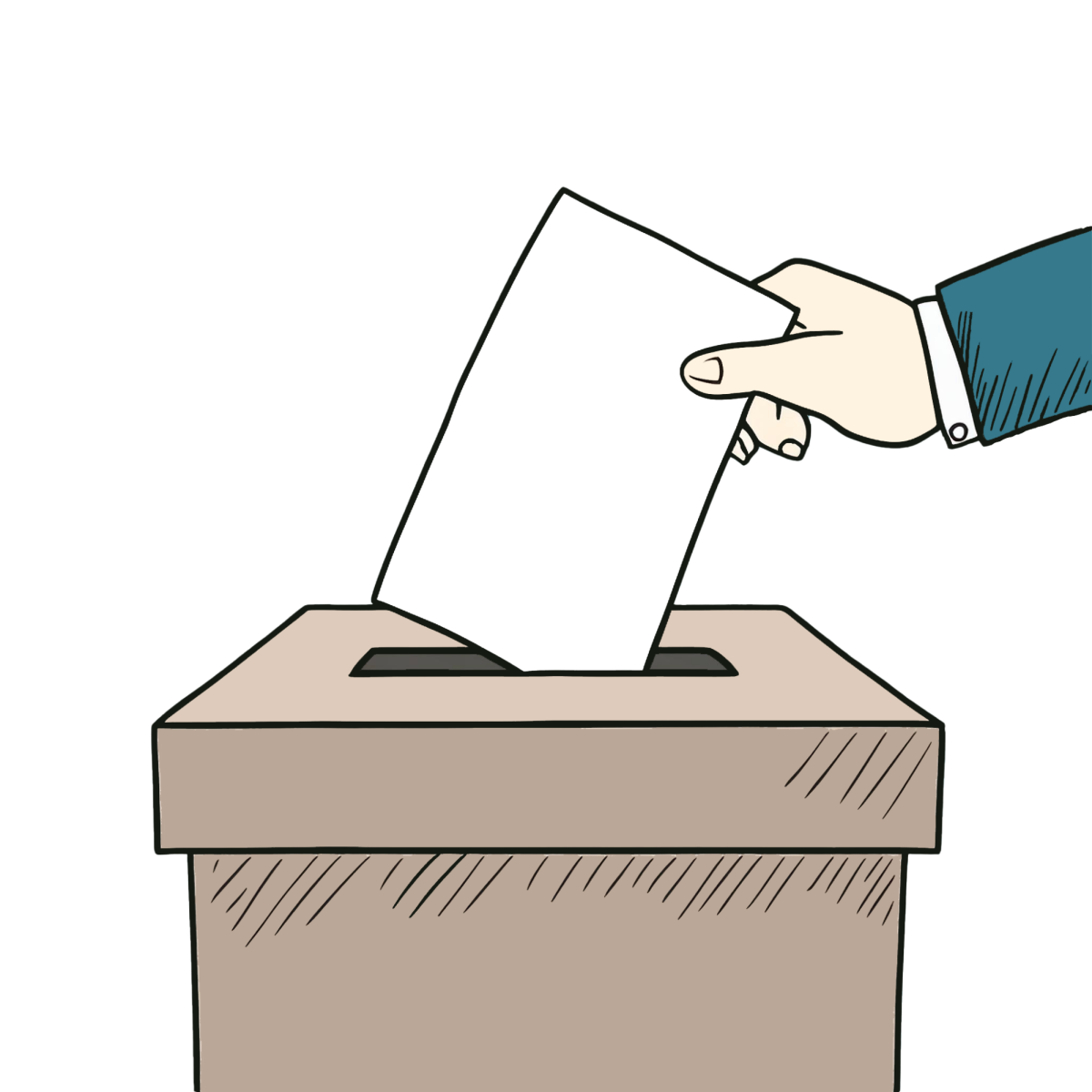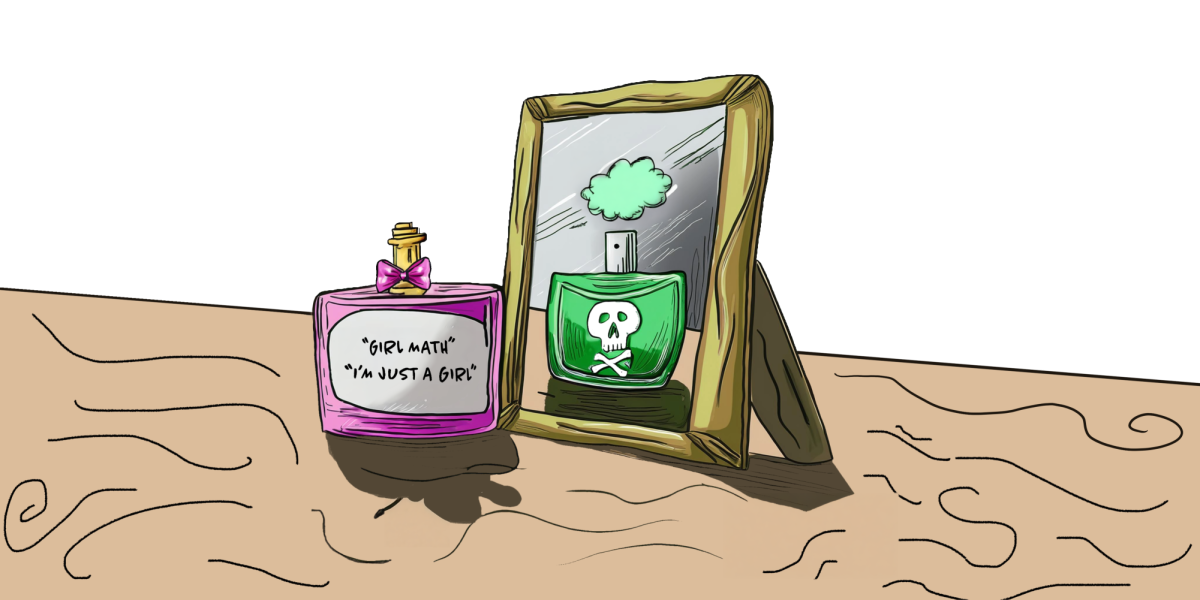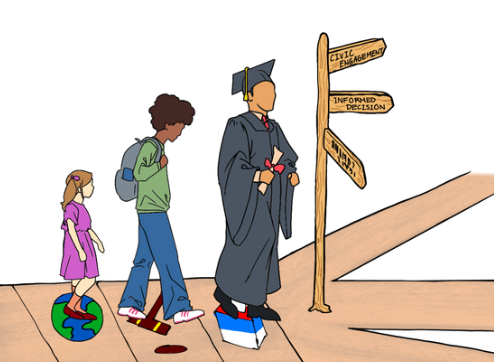In 2012, the American Medical Association reported that 28 percent of teenagers—over and under age 18—have “sexted,” or sent nude or suggestive photos of themselves to others. With the recent popularization of mobile dating apps, few dangers accompany the urge to sext anonymously. Child pornography laws notwithstanding, sexting commands a precarious code of courtesy between sender and receiver. One particular rule, so often breached, is as follows: do not send unsolicited dick pics.
The principle applies to people with vaginas, too, but cisgender men tend to be the most frequent perpetrators. In an article by Refinery 29, anonymous male sources cited various defenses: they may hope for a nude photo in return. They may expect a nude photo in return. They may simply wish to gift spontaneous nakedness. In each case, the intent is misguided and the effect, offensive.
According to Match.com’s 2014 “Singles in America” study, receiving unsolicited dick
pics was women’s biggest “turn-off.” Yet the service also says that 45 percent of women
have received “R-rated” photos from men while dating online. In explanation, many
psychologists cite the different ways men and women are socialized: in sexual commercials or sexualized media, men are encouraged to react to the sensation of the moment—sight, sound, touch. Through those same exaggerated portrayals, women inherit the fantasy or the intimacy. A clumsy snapshot of free nudity—which, these days, is increasingly pedestrian—does not significantly arouse most women. The impact is more similar to that of a subway flasher.
Yet even if the average woman were to welcome uninvited dick pics, this visual assault is fundamentally disrespectful. The move disrupts any preceding conversation—even if it was flirtatious or erotic—and forces it into a confrontation. A general implication arises: it is time to either put out or get out. Suddenly, worth is placed on sexual availability, as if someone is only worth getting to know if they will eventually grant sex.
Such coercive intentions can be likened to the online equivalent of a woman owing sex to anyone who buys her a drink at a bar—or a ticket to prom. While dating apps are not many high schoolers’ primary source for meeting people, California’s “Yes Means Yes” legislation is built on preventative education. Manipulative attitudes are better eliminated before students enter the most physically vulnerable period of their romantic lives.
Moreover, in an article by BuzzFeed, dating coach Laurel House pointed out the uneven agency thus enforced. “There’s definitely a component of power tripping involved here,” she said, referencing the one-way decision to cross an undiscussed boundary. In consequence, the receiver of the photo is pressured to respond positively to a private violation. Because the aggressor exposed himself, the victim is compelled to treat him as the vulnerable one. The aggressor imposes his own clean-up responsibility, and even residual guilt, upon the victim.
Because yes; unsolicited dick pics are a form of assault. Prolonged, they constitute harassment.
It is possible that the victim will resist voicing their chagrin, especially if they are actually interested in dating or engaging with the aggressor. Dating apps raise the stakes—two virtual strangers may be insensitive to each other’s perspectives while confronting the mistake. Neither condition, however, excuses the original offense. As with in-person sexual encounters, only “yes” means “yes.”



















